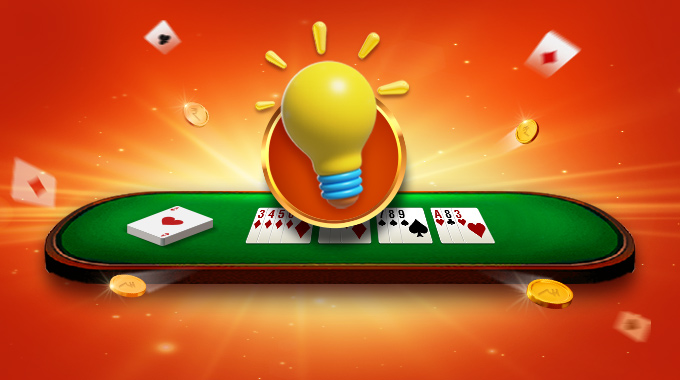Rummy and the Dunning-Kruger Effect (Overestimating Your Skill)
An interesting game using cards that requires a combination of one’s abilities and experience. Most of the people who take part in playing rummy look forward to the satisfaction which comes from defeating an opponent and winning the game. However, there is a cognitive bias called the Dunning-Kruger Effect that can make these players think they are better than what they actually are thereby affecting their performance and fun too. This blog delves into the meaning of the Dunning-Kruger Effect, its impact on rummy players, and some advice for becoming better at your game.
Understanding the Dunning-Kruger Effect
The Dunning-Kruger Effect is a cognitive bias that makes people who have little knowledge in a certain field feel overconfident about themselves. On the other hand, very competent people can feel less confident too thinking that everyone else is just as good as they are. Applied to rummy, a novice could become too certain of himself after several wins whereas a pro player could question his competence for encountering difficult rivals. This may lead to players making high-risk moves and employing bad strategies since they fail to understand all intricacies involved in the game.
How the Dunning-Kruger Effect Impacts Rummy Players
- Overconfidence in Beginners
New players could win a few games against opponents who aren’t as good, which might make them think they know how to play. People who are too sure of themselves can make bad choices, including throwing away high-value cards too soon or not reading their opponents’ strategy. These players are likely to keep missing if they don’t have a good grasp of melds, sequences, or probability. - Underestimating Opponents
The Dunning-Kruger Effect might also make players think their opponent is weaker than they really are. If they think others are less talented, they could miss little signs, such as how their opponent discards cards, which might lead to lost possibilities or setbacks that could have been avoided. - Stagnation in Skill Development
Players who are too sure of themselves may not want to learn new methods since they think they already know them. This slows down development since players need to keep learning to be able to play in varied ways and with diverse online rummy card game variations.
Tips to Overcome the Dunning-Kruger Effect in Rummy
- Assess Your Skills Honestly
Take a moment to look at your gameplay objectively. Think about what went well and what didn’t after each game. Practice games let you try out ideas without risking money, which might help you find things you need to work on. - Track Your Progress
Write down your wins, setbacks, and important decisions. Over time, this data shows trends in how you play, which might help you figure out whether your confidence matches how well you really play. - Stay Open to Feedback
Join Rummy communities to get and offer advice and recommendations. When your peers give you constructive reviews, it may help you see things you didn’t see before and help you improve while also lowering your confidence.
Conclusion
Although overcoming it may be difficult, the Dunning-Kruger Effect is something that many rummy players have to deal with. The key to this is being conscious and continuously gaining knowledge. This can be achieved by making good use of RummyCircle’s resources and being able to better themselves. You will get better with every game played, thus embrace your evolution.




